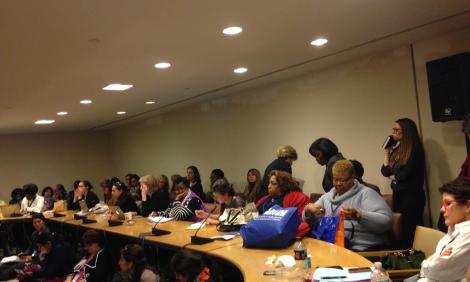
Editorial
Two weeks to push for greater recognition of our rights
What did we do for two weeks in New York? We participated in one of the most interesting and combative meetings for the advancement of women's rights worldwide. The annual session of the Commission on the Status of Women (CSW) is a major event on the calendar of governments and women's organisations because it is where discussions take place on advances and unmet goals under the Beijing Platform…
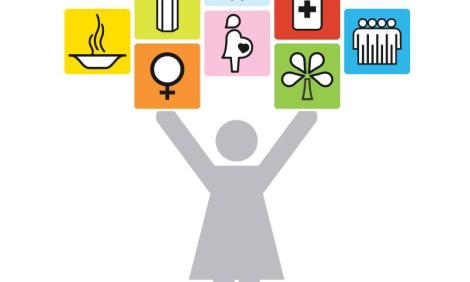
Back and forth in the advancement of women's rights at CSW58
The theme of the 58th session of the Commission on the Status of Women (CSW58), which took place in New York on 10-21 March 2014, was “Challenges and achievements in the implementation of the Millennium Development Goals for women and girls”. Also on the meeting agenda was Women’s and girls’ access to technology. This GenderIT.org edition addresses the negotiations and barganing in agreements…
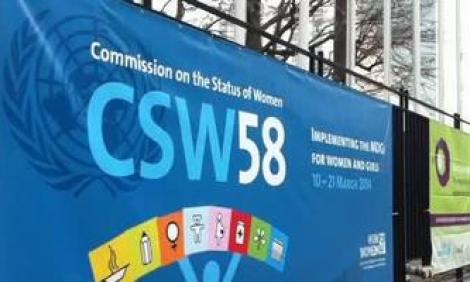
In depth
Fighting the backlash: Moving the agenda forward at the CSW
The 58th session of the Commission on the Status of Women was held in New York from 10 to 21 March 2014. While there were strategic moves forward in relation to ICTs and tech-related violence against women, the APC Women's Rights Programme discuss both the highlights and the frustrations the women's movement faces in pushing the women's rights agenda forward.
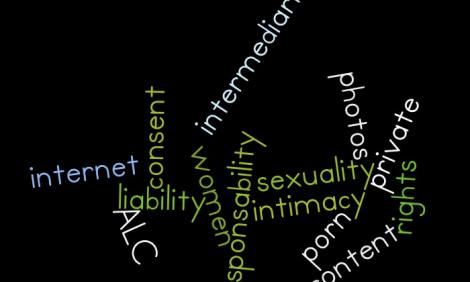
In depth
Alberto Cerda: "There are many more international agreements to protect intellectual property than to protect people's privacy"
Alberto Cerda is the international affairs director at Derechos Digitales, a Chilean NGO, and a specialist in intellectual property and privacy issues. In this interview, he analyses the legislation and policies being adopted in Latin America to deal with online violence against women involving the invasion of privacy, and the responsibility assigned to internet intermediaries and individuals.

GISWatch 2013: Setting the agenda on women’s rights, gender and ICTs
In the 2013 Global Information Society Watch’s institutional overview entitled "Whose internet is it anyway? Shaping the internet – feminist voices in governance decision making":http://www.giswatch.org/institutional-overview/womens-rights-gender/who…, Heike…
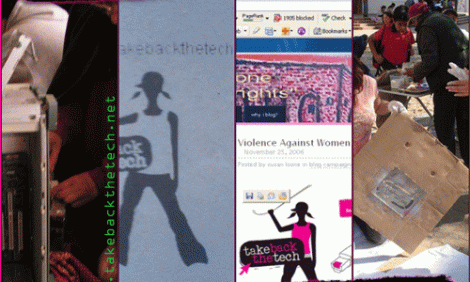
Editorial
No easy reading
Nora Quebral (2012) - who is credited with coming up with the concept of 'development communication' in the early 70s - argued recently in an account of Asian domestic workers in the Middle East, and the right-to-drive protest by women in Saudi Arabia, that any analysis of rights is necessarily deeply contextual: “A tough question to answer would be: in which [of these two societies] do women…

In depth
Jamaican household workers use cell phones to protect their rights and improve the working conditions
Leith Dunn and Hopeton Dunn from the Institute for Gender and Development Studies Mona Unit, and Mona ICT Policy Centre, at the University of the West Indies, are the authors of the Global Information Society Watch article entitled “Women’s rights, gender and ICTs: Empowering household workers in Jamaica”. In this interview they told GenderIT.org why they chose this subject, how the sector of…
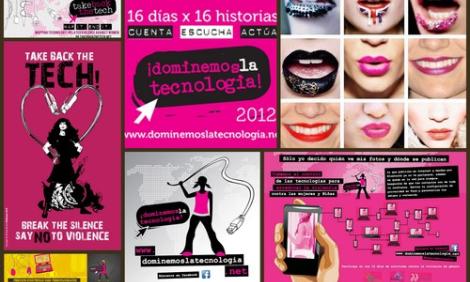
In depth
Democratizing access and use of ICTs for domestic workers in Uruguay
The Global Information Society Watch 2013 report, written by Goñi and Ana María Laura of ICTWatch (ObservaTIC), of the University of the Republic of Uruguay, is entitled "ICTs as a means for empowerment and influence: A democratising proposal for female domestic workers in Uruguay". GenderIT.org interviewed Goñi to understand how inequality in access to and ownership of ICTs affects this sector…

Publication
GISWatch 2013: Women’s rights, gender and ICTs
A new report released by the Association for Progressive Communications (APC) and the Humanist Institute for Cooperation with Developing Countries (Hivos) explores women’s rights and gender through the lens of information and communications technologies (ICTs).

In depth
Reflecting on tech-mediated violence against women in Bosnia and Herzegovina
This interview conducted by Selina Mudavanhu from the African Gender Institute, University of Cape Town (South Africa) with Leila Seper, member of OneWorldsee in Bosnia Herzegovina (BiH) and responsible for the ‘Take Back the Tech!’ campaign and networking, reflects on the work developed by OneWorldsee, a civil society organization that works on online spaces and is one of the partners of the…




